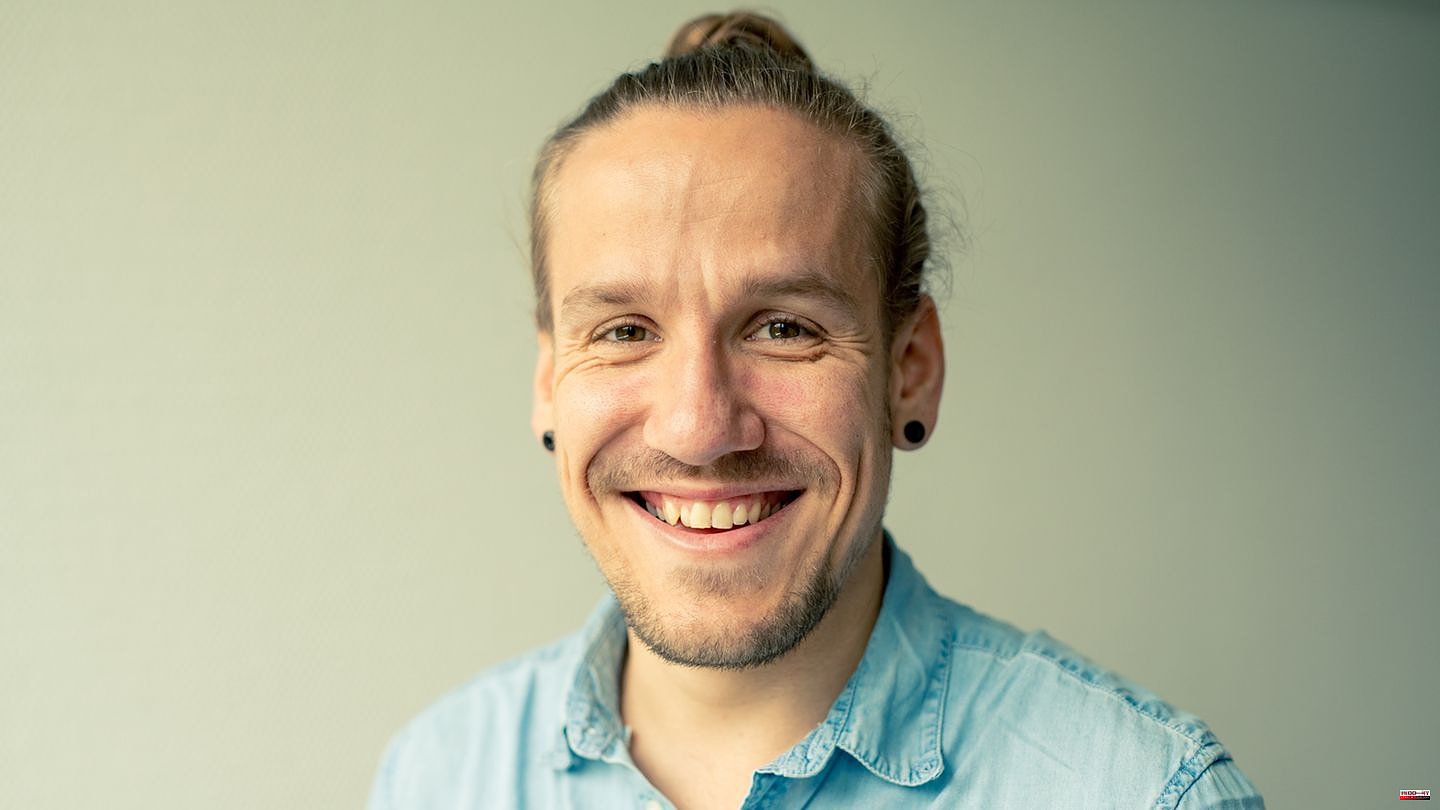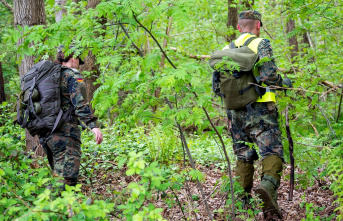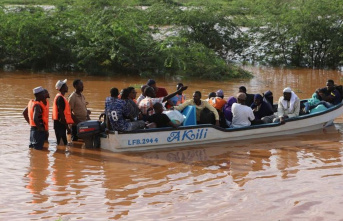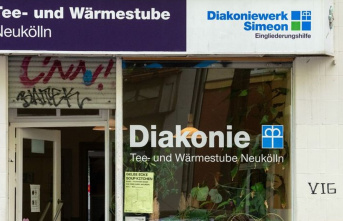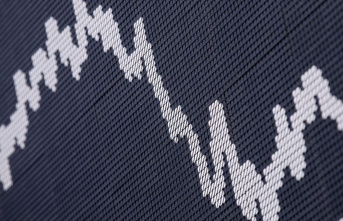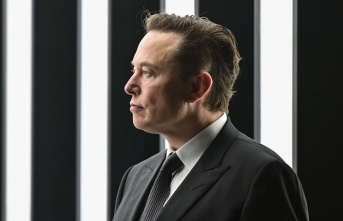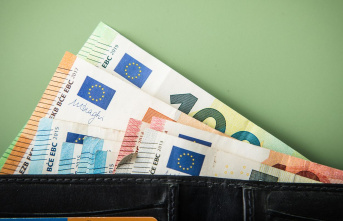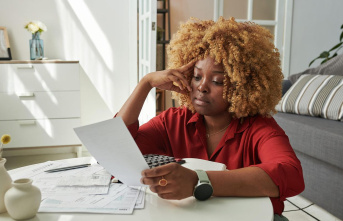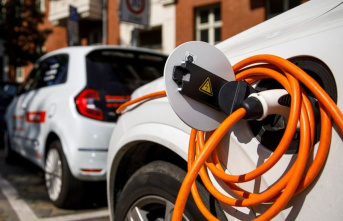Eleven years ago, Carsten Witte was diagnosed with bone cancer himself. At that time he was 24 years old. The diagnosis turned his life upside down. He founded the self-help group "Young and Cancer" and volunteers there. He is also reorienting himself professionally: he is catching up on his Abitur, studying health education and has undergone further training as a psycho-oncologist. For three years he has been advising cancer patients in a psychosocial consultation at the Center for Radiation Therapy in Freiburg. And explains why men deal with a cancer diagnosis differently than women.
You have daily contact with cancer patients. Do many men with cancer seek help from psycho-oncologists?
Carsten Witte: In nine out of ten cases women come to my advice. And the men who come to my consultation want more practical tips and not a classic conversation. Another problem is that in some cases psycho-oncology is not even known in medical circles. For some men, the terms psyche and health can have a deterrent effect and represent a language barrier.
You said that just the words health and psyche put men off. Why?
The term health is off-putting when it refers to nutrition. First and foremost, the word psyche is a deterrent when it comes to cancer: Many patients say that they only have cancer and nothing on their heads. The term psyche is equated with dementia or mental disorders. But a cancer diagnosis confronts you with things that you normally tend to ignore. That's how I felt at the age of 24 when I received my diagnosis. If you get cancer, you almost inevitably have to deal with the fact that you are vulnerable and that your life is finally over.
The fact that a man admits that he needs help can be even more difficult for him than for women due to his upbringing and role model. Ultimately, cancer patients should not have to admit that they need help. For me, cancer is a systemic disease that affects the body, soul and social environment. And so the whole environment can also contribute to the affected person surviving the disease well.
How can relatives and friends support sick people?
The best case is to sit down together at an imaginary round table and everyone gets a task. For example, a person becomes the mouthpiece of the sick person - so they don't have to tell countless people how bad they are today. Another person will accompany you during the doctor's talks. The patient is relieved because he does not have to take care of everything on his own, and the social environment is also relieved because everyone knows exactly what to do.
A cancer diagnosis is a shock for everyone. How do men deal with it differently than women?
This cannot be generalized, but men certainly accept less help than women. Men tend to be more withdrawn. Women are taught very early in life that they should pay attention to changes in their bodies or learn to deal with them. Like the onset of menstruation and regular check-ups at the gynecologist.
Men, on the other hand, were not brought up that way. For example, let's look at prostate cancer. The disease also attacks the definition of masculinity: Am I still a real man if I have erection problems and have to wear a diaper because of urine dripping?
Anyone wondering why men grow mustaches in November may not initially think of health.
The Movember Foundation is dedicated to raising awareness of men's health. The focus is on testicular and prostate cancer as well as psychological problems.
What things help to deal well with a cancer diagnosis?
When I got my cancer diagnosis, it wasn't even clear at first whether my left arm could be saved because the tumor was there. When I asked the doctor treating me if I could play volleyball again, he replied that we had to be humble first. "First we save your life, then your arm and then we'll see." It's important to stay humble and not compare yourself to others. Neither the comparison with a healthy 20-year-old nor with an even sicker person changes one's own situation or makes it better. It's important to look after yourself. I myself am grateful that I am still alive and still have my left arm. Sure, at 35 I have to live with limitations I'd rather not have - but my life still lies ahead of me. I have enough opportunities to be happy.
We first have to learn to cope with such changes, psycho-oncologists can help with this, but also the exchange with other cancer patients. Realizing that you are not alone with your problems can be very healing.
Are there support options for people who are completely shutting down and cannot/don't want to confide in anyone?
Digital offers such as the "Mika app" are well suited for this. There, cancer patients – regardless of the type of illness – can observe how they are doing and keep a symptom diary. They get knowledge from experts, can get nutrition tips and advice to relax better - for example on so-called dream trips.
In essence, it is about being able to deal with your illness and its consequences on your own with the help of digital support. Dealing with the stress of cancer is difficult. For people who initially find it difficult to open up to other people, such a step-by-step program as in the application is the best solution.
What are the psychological consequences of cancer? Depending on the type of cancer and the prognosis, treatment can take a long time.
Immediately after the diagnosis, it can often feel like there is a huge mountain in front of you. But it will gradually clear up again and can be overcome in small steps. We here in radiation therapy are sitting at the very end of a cancer treatment. In my consultations, I often talk about how things can continue after the acute treatment. Many think that once the treatment is over, the patient is exactly as he was before the cancer - but that is not the case. The treatment of the psyche actually only begins after the physical treatment. Many people only function during radiation, surgeries, and chemotherapy.
Immediately after the end of the treatment, many sick people fall into a hole and I prepare the people for it. In 30 percent of cases, sufferers also develop post-traumatic stress disorder. Of course, therapy is necessary here.

